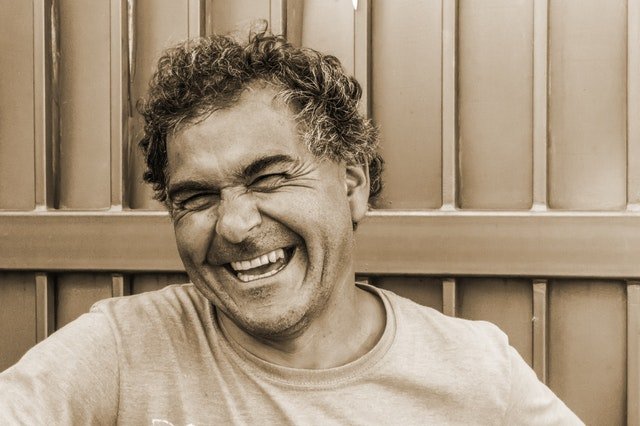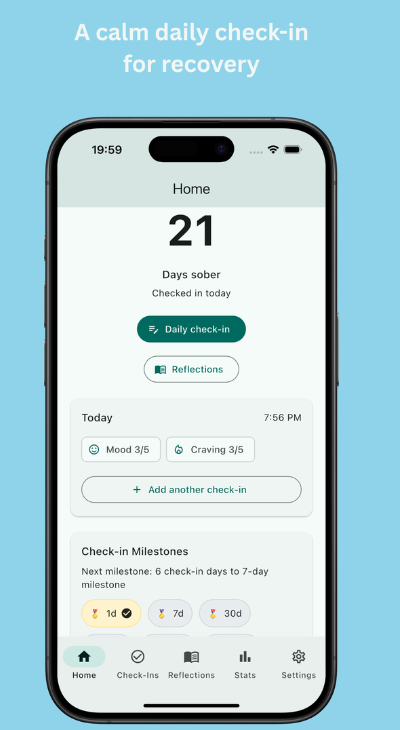
Life here in the UK is vastly different from life in US. I know this may seem like a shock to many but having lived in both countries, I can say that the differences are clear. While both countries appear to be quite similar, the approach to health, social services and a desire for better outcomes for all, couldn’t be more apparent (let’s not talk Brexit right now!)
Let’s take for instance drug addiction and the approach that law enforcement takes. In fact, let’s focus on a narrow section of the UK who were recently in the news. For those unaware, Durham Chief Constable Mike Barton just announced that after a 2 year trial, they will stop arresting people who use drugs and ‘low level dealers’ in favour of sending them to a rehab program.
There are many things to unpack within this announcement and the impacts are incredible. While the US clings to its War on Drugs (with some of the more liberal states at least legalizing marijuana), more progressive countries realize that the way to help people who use drugs is not through jail time.
Avoiding prison means that people who struggle with an addiction don’t have to be punished once they get sober.
What do you mean by that?
Well for many people who struggle with an addiction, coming out of jail with a conviction basically eliminates them from many jobs (even though discrimination like that is likely illegal) and severely limits prospects for the future. So, then what happens? They go right back to using again.
It’s a familiar addiction recovery story we hear all the time. But it looks like Durham will be trying something a bit different this time around.
‘What’s the point in an addict going to court and getting a £50 fine? If they pay it at all, they will only steal or sell five bags of heroin to fund it. How does that help us?’ argued Mr Barton.
Well said.
You can read the entire article HERE.
Obviously, my hope for you is that you can obtain a life free from addictive substances so you don’t have to worry about being caught and having to face a fine or jail time.
We have a course, that helps people who struggle with opioids, learn how to kick their habit from home. Check out our course HERE.
To Your Recovery



